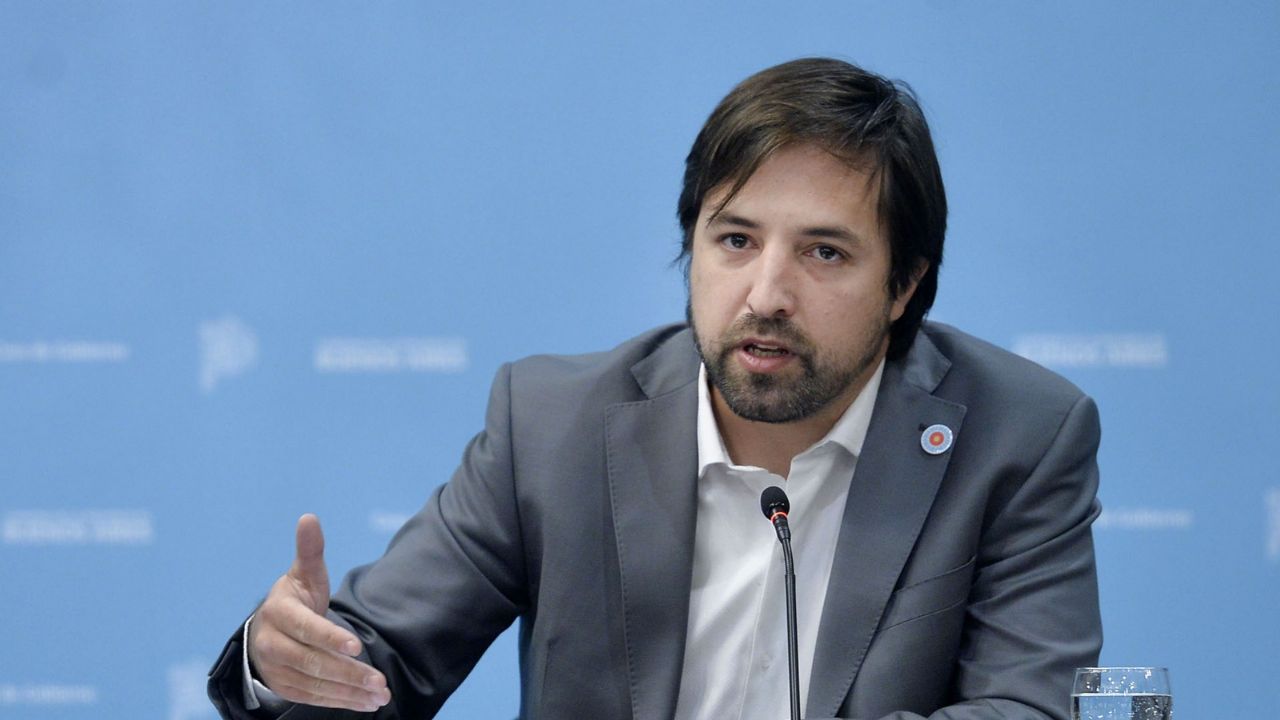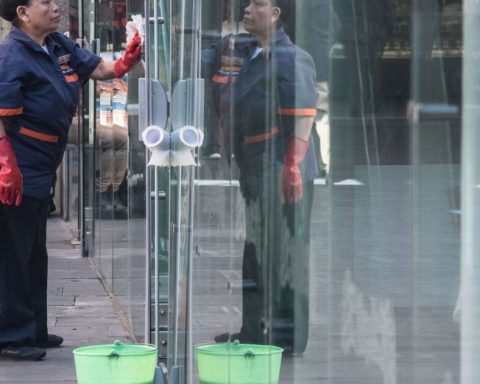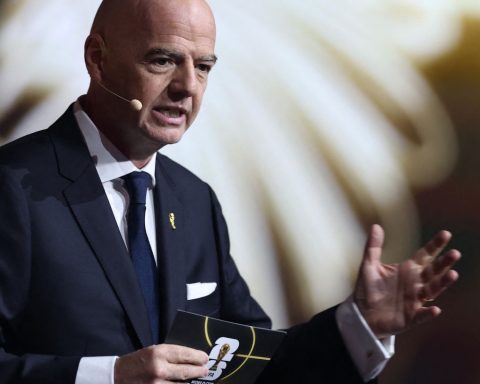Through his Twitter account, Nicholas Kreplak questioned a proposal that seeks to charge for health and education services to people who do not have a domicile in the City of Buenos Aires.
The Minister of Health Buenos Aires sentenced that the project presented by Buenos Aires legislators of United Republicans “does not think” about the inhabitants of the city; what’s more, Nicholas Kreplak He called the proposal “meaningless.”
“This project, in addition to not thinking about the integration and solidarity that the health system should have, also does not think about the economy of the inhabitants of CABA”wrote Nicholas Kreplak on their social networks.
In addition, the president added: “there are thousands of people who, daily, consume and produce wealth for the city, but sleep in PBA. Without sense”. With this, he emphatically rejected the proposal of legislators Roberto García Moritán and Marina Kienast.

In another publication, the doctor remarked that in the city “they have the largest system in the country with specialized reference hospitals because it was designed for the entire nation”, which has even been highlighted internationally.
And that, “far from understanding how it works, from working for integration and with solidarity logic, Libertarian lawmakers propose charging for a universal right”, since said proposal would go against the current system and violate the rights of thousands of inhabitants.

The project called “Interjurisdictional health and educational reciprocity” has already entered the Legislature and proposes that the provincial administrations assume the health and education costs of those who do not live in the City.
What does the project establish
The proposal criticized by the minister of health proposes: “the creation in the Capital of an Interjurisdictional Reciprocity System, to act between the City of Buenos Aires and the provinces and that encompasses the public health and education systems.”

With this, the administration of Horacio Rodríguez Larreta could save $13,906 million in the health sector and $2,563 million in education in one year.


















